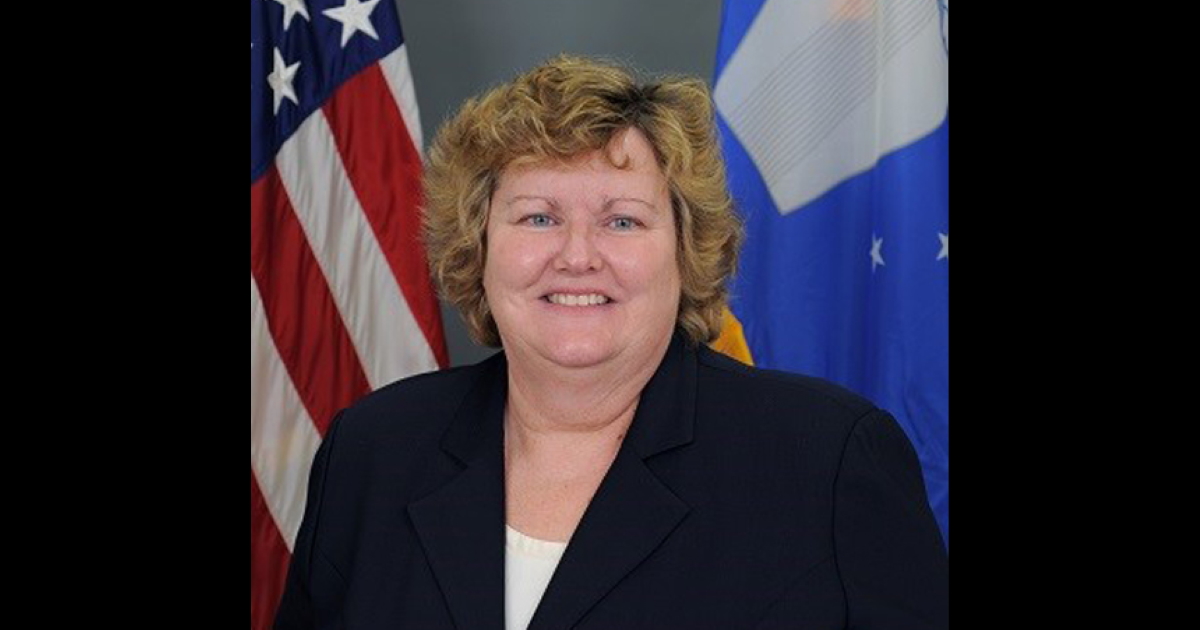 BIG DATA
BIG DATA
 BIG DATA
BIG DATA
 BIG DATA
BIG DATA
The military has always been a top-down organization, but now even the lowest members on the ranking ladder have the opportunity to influence organizational decisions. The cultural flip is thanks to a new data platform that gives every member of the United States Air Force, from airmen to noncommissioned officers, the ability to create data-driven solutions.
“One of our challenges is really to make sure that data is part of every airman’s core DNA so that they’re using the right data at the right level to drive insights, whether it’s tactical, operational or strategic,” said Eileen Vidrine (pictured), chief data officer of the U.S. Air Force.
Vidrine spoke with Stu Miniman, host of theCUBE, SiliconANGLE Media’s livestreaming studio, during the MIT Chief Data Officer and Information Quality Symposium. They discussed how the Air Force has incorporated data to drive decision-making within the organization.
The VAULT data platform was created as a cross-domain solution to solve data problems at the appropriate classification level. The acronym stands for Visible, Accessible, Understandable, Linked and Trustworthy, with the Department of Defense adding the tenants of interoperability and security to the mix.
Users can access the platform at any classification level, enabling solutions to start from the bottom and work up the chain of command, rather than vice-versa. “Any airman can solve a really hard challenge, and it can very quickly wrap it up rapidly, escalate up with great velocity to senior leadership to be an enterprise solution,” Vidrine stated. “We like to use the hashtag #builtbyairmen because it’s really about each and every airman being part of the solution.”
Fulfilling this goal means every airman not only needs to have access to the technology, but the skills to be able to use it. Vidrine’s team has addressed this with a multifaceted educational approach that includes an online graduate-level data science certificate program through the Air Force Institute of Technology; an Institute for Certification of Computer Professionals federal Data Sector Governance Certificate Program for data officers; and an undergraduate degree in data science offered by the U.S, Air Force Academy. The Department of the Air Force also sponsors an accelerator at the Massachusetts Institute of Technology to work on artificial intelligence and machine learning solutions.
“It’s not about a one-prong approach. It’s about having short courses, as well as academic solutions, to upskill our total force moving forward,” Vidrine said. “It’s really important to celebrate the victories, because it’s a very long journey and we keep moving the goalposts because we’re always striving for excellence.”
Here’s the complete video interview, part of SiliconANGLE’s and theCUBE’s coverage of the MIT Chief Data Officer and Information Quality Symposium:
Support our mission to keep content open and free by engaging with theCUBE community. Join theCUBE’s Alumni Trust Network, where technology leaders connect, share intelligence and create opportunities.
Founded by tech visionaries John Furrier and Dave Vellante, SiliconANGLE Media has built a dynamic ecosystem of industry-leading digital media brands that reach 15+ million elite tech professionals. Our new proprietary theCUBE AI Video Cloud is breaking ground in audience interaction, leveraging theCUBEai.com neural network to help technology companies make data-driven decisions and stay at the forefront of industry conversations.